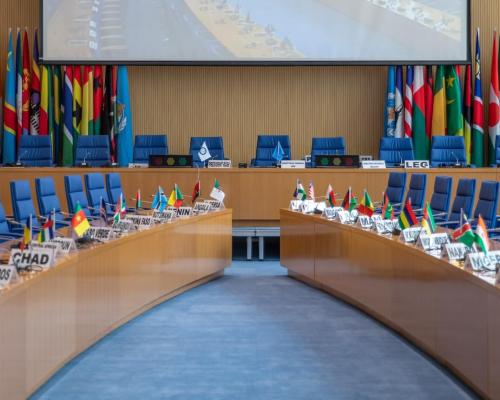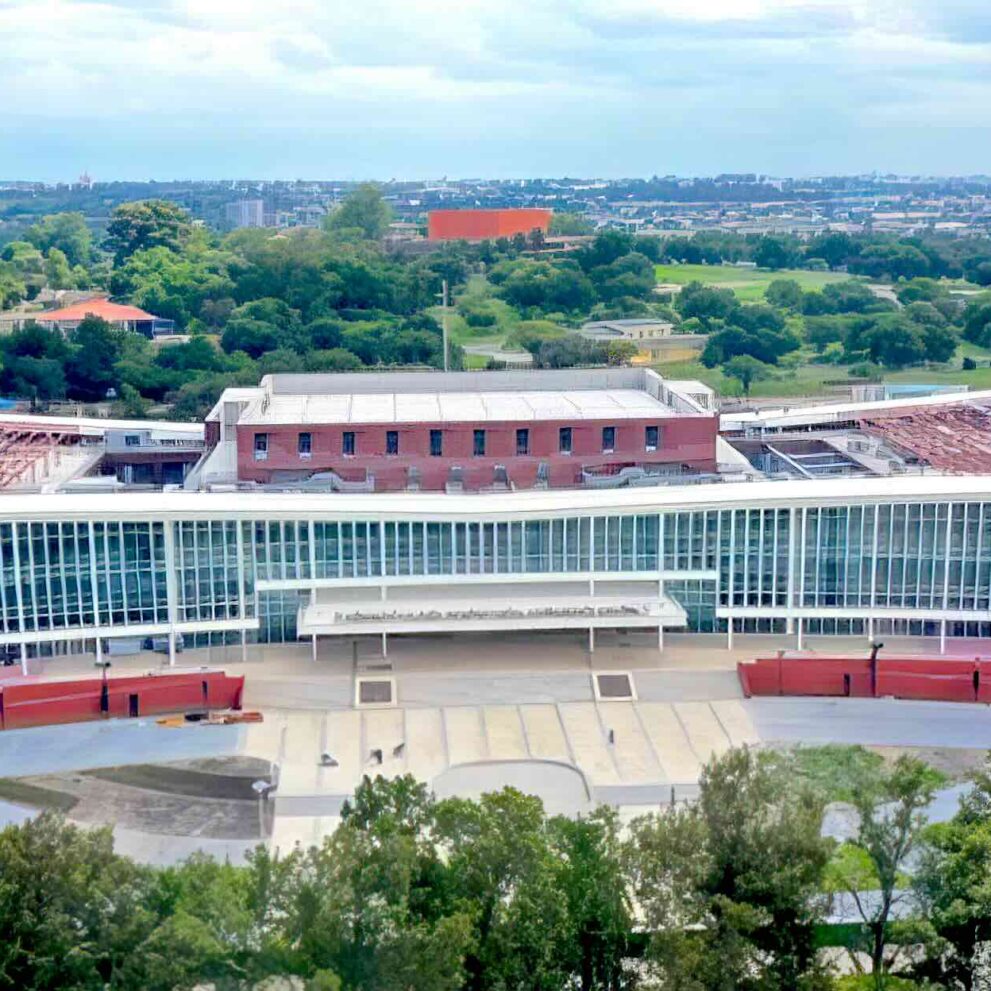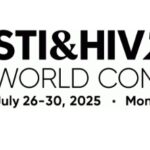In late August 2025, Lusaka, Zambia, will host the Seventy-fifth session of the WHO Regional Committee for Africa, bringing together health ministers and senior policymakers from all 47 Member States to endorse a comprehensive agenda aimed at transforming the continent’s health landscape. This annual gathering convenes once a year to discuss and endorse policies, activities and financial plans aimed at improving the health of the people of Africa. Against a backdrop of persistent infectious threats and rising noncommunicable disease burdens, delegates will seek to align national strategies with the health-for-all vision enshrined in the African Union’s Agenda 2063 and the WHO’s Global Health Security framework.
A principal focus of the session will be the Regional Framework for Accelerating Implementation of the Global Oral Health Action Plan, which addresses the staggering unmet need for preventive dental care across the continent. Oral diseases affect nearly half of all African adults, yet most health systems lack routine screening, fluoride provision, and trained personnel. The Committee’s endorsement of AFR/RC75/4 is expected to catalyze integration of mouth-health services into primary care, promote community-level education campaigns, and secure budgetary allocations for essential oral-health commodities.
Equally urgent is the Resolution on Accelerating Progress in the Health and Well-Being of Women, Children and Adolescents (AFR/RC75/5), which will guide investments toward maternal mortality reduction, child-survival interventions, and adolescent health promotion. Delegates will review new targets for antenatal care coverage, skilled birth attendance, and adolescent mental health support, aiming to close equity gaps between urban and rural populations. In her opening remarks, the Chairperson of the Programme Subcommittee underscored that “strengthening women’s and children’s health is foundational to sustainable development”.

Rehabilitation services—long neglected in many African health plans—will feature prominently under AFR/RC75/6, the Regional Strategy to Strengthen Rehabilitation in Health Systems 2025–2035. With noncommunicable and injury-related disabilities on the rise, the Committee will call for scaling up physical therapy,
assistive devices, and community-based rehabilitation teams. As several Member States already pilot mobile rehab units, the strategy offers a roadmap for harmonizing professional training, facility standards, and referral protocols across the Region.
The session will also examine the Framework to Advance Universal Access to Safe, Effective and Quality-Assured Blood Products (AFR/RC75/7), a critical enabler of surgical care, obstetric hemorrhage management, and trauma response. Africa accounts for less than 5 percent of the global blood supply despite bearing 25 percent of the world’s disease burden. Delegates are poised to endorse measures for building national blood services, strengthening donor safety protocols, and ensuring cold-chain logistics in remote districts.
Addressing persistent malaria challenges, the Committee will consider AFR/RC75/8—a resolution on galvanizing collective action to meet the 2030 malaria targets. With nearly 12 million cases still reported annually in Africa, the plan emphasizes integrated vector management, expanded chemoprevention, and robust surveillance systems. Member States will be urged to deepen partnerships with private-sector entomology firms and community health networks to sustain gains achieved since the 2015 Malabo Declaration on Accelerated Action Against Malaria.
Human resources for health remain a perennial constraint in many countries. Under AFR/RC75/9, the Status of Public Health and Emergency Workforce in Africa indicating significant shortages of epidemiologists, laboratory technicians, and frontline responders. The Regional Committee is set to endorse a five-year workforce investment plan that prioritizes in-country training hubs, digital learning platforms, and cross-border exchange programmes to boost retention and competency in epidemic-prone zones.
Finally, the Committee will debate AFR/RC75/10, which outlines strategies for Strengthening Africa’s Health Security through enhanced event detection, resilient systems, and partnerships. Drawing lessons from COVID-19 and recent Ebola flare-ups, Member States will agree on common minimum public-health capacities, interoperable data platforms, and joint emergency-response protocols. The Chairperson’s Statement highlights that “only a united, well-resourced regional network can preempt outbreaks and safeguard our collective health”.
Beyond these technical resolutions, the session’s informational documents span progress reports on national action-plan implementation, mid-term reviews of PEN-Plus services for severe noncommunicable diseases, and updates on community engagement, mental-health action, and nutrition strategies. Delegates will leverage this rich evidence base to refine country work plans, allocate resources more equitably, and strengthen accountability through annual reporting frameworks. As the Seventy-fifth session convenes, the shared commitment to policy coherence and cross-sector collaboration promises to chart a clearer path toward healthier, more resilient African populations.
Source: Seventy-fifth session of the WHO Regional Committee for Africa | WHO | Regional Office for Africa



